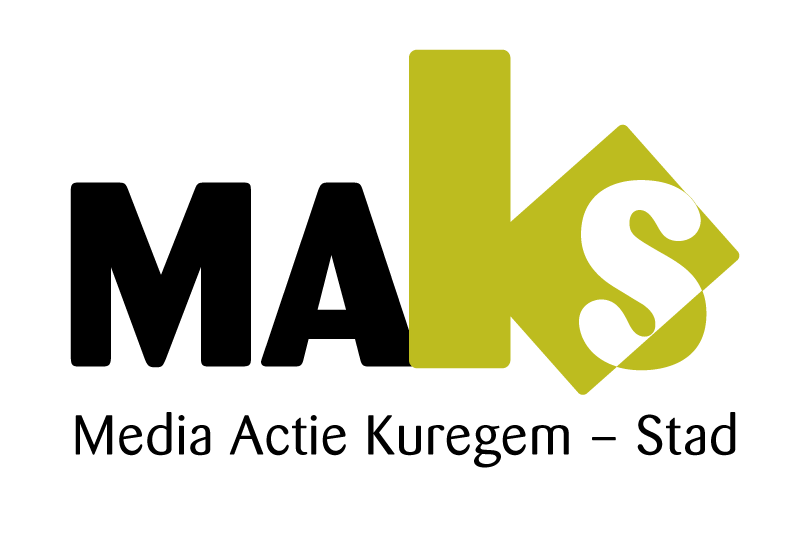From jackal to giraffe

In this “Connecting Communication” training series, employees gain insight into how communication works and how conflicts arise.
Connecting Communication is based on Marshall Rosenberg’s model of Nonviolent Communication. It is a way of communicating with others from contact with yourself, focusing on fulfilling everyone’s needs, avoiding judgements and blame, and distinguishing needs from strategies. During this four-day programme, we will work practically and experientially with real-life situations and exercises. After the four days, every staff member will have useful tools and insights to use in their contact with colleagues, team, coordinator, target group and (cooperation) partners. Connecting Communication is more than a technique, it is a way of being, thinking and living. In this basic training we let you experience how this transformative mindset can enrich your life.
– Employees become more aware of how they communicate with themselves and with others
– One learns to distinguish between perception and interpretations
– One learns to recognise and name one’s own sensitivities (and triggers)
– People practice expressing themselves authentically and clearly
– One practices empathetic listening
– One learns to request clearly and concretely ( avoiding demands and orders)
– One learns to discuss conflicts with the aim of reaching a win-win solution that everyone feels comfortable with
Via the Connecting Communication training course, Maks vzw aims to contribute to greater pleasure in life, efficiency and well-being because cooperation takes place on the basis of equality and mutual respect. In 2022, we will invest extra in coaching every team so that employees can really incorporate what they have learned into the day-to-day operations of Maks vzw.
“We teach our children to think in boxes, judge and compare (jackal) instead of dwelling on their feelings and needs (giraffe)”
MARSHALL ROSENBERG
Founder of non-violent communication
7 ASPECTS OF COACHING LEARNING
Our coaches are trained according to the principles of Jef Clement’s “inspirational coaching”. In doing so, the aim is to promote learning through awareness and action on the part of the learner. Coaching is there to help you learn. It helps you to concretely identify goals, reality, resources, options and action plan. There are 7 aspects:
1 Explore
Your coach is curious, empathetic, asks questions, reformulates your answers, listens to your feelings, hears you and tries to understand you.
2 Value
Your coach appreciates and values your efforts and success; he/she will highlight your strengths.
3 Confrontation
Your coach gives honest feedback after each activity and encourages awareness of your development potential.
4 Challenge
Your coach encourages you to take on small challenges, or to dare something new, by supporting you and giving you the freedom to make mistakes and look for solutions.
5 Inspiration
Your coach starts from what excites you, then explores your possibilities, asks you about your past successes and continues asking inspiring questions, before coaching “towards” innovation and creativity while inviting you to discover.
6 Welcoming
Your coach creates space for dialogue, lets you express your feelings, as well as his/hers. They accept your fears, insecurities, sadness or doubts and acknowledge and accept these resistances in order to overcome them.
7 Relaxing
Your coach supports, uses breathing to relax, uses humour and promotes wellbeing but creates an atmosphere of trust and safety.
